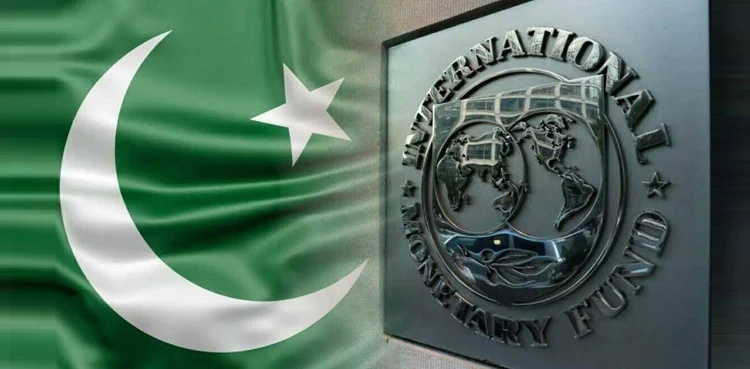ISLAMABAD: According to Fitch Ratings, Pakistan faces challenges related to the execution of the International Monetary Fund (IMF) program and securing external funding, given its substantial external financing needs and a politically unstable environment.
In July, Fitch upgraded Pakistan’s rating from ‘CCC-‘ to ‘CCC’ with the expectation that the IMF deal would stimulate additional funding and establish a foundation for policies during the parliamentary elections.

Following Pakistan’s agreement on a nine-month Stand-by Arrangement with the IMF, the country witnessed an increase of approximately $3.8 billion in its reserves.
The augmentation of reserves and the reduction of external financing vulnerabilities may exert upward pressure on Pakistan’s rating.
“However, the political climate remains volatile and we view risks to IMF programme implementation and external funding as high amid Pakistan’s large external financing requirement,” the statement reads.
In the same statement, Fitch discussed how reserve dynamics among APAC sovereigns are diverging, potentially affecting their credit profiles.
Some central banks have managed to accumulate reserves due to current account improvements or investment inflows, while others are still grappling with pressure on their currencies due to the prospect of tightening by the US Fed.
APAC Reserves Soar, Caution for Frontier Markets: Fitch Ratings
Fitch noted that in the first half of 2023, official reserves among Fitch-rated sovereigns in APAC increased by nearly $170 billion. This growth was primarily driven by countries that already had substantial reserve buffers, including China (A+/Stable), Singapore (AAA/Stable), India (BBB-/Stable), Japan (A/Stable), and Taiwan (AA/Stable).
These sovereigns’ credit profiles benefit from strong external liquidity positions, although further increases in reserves are unlikely to have an immediate impact on their ratings.
For frontier market sovereigns, especially those with low reserve coverage ratios and fragile external liquidity positions, reserve dynamics may have a more significant impact.
In its recent rating assessments, Fitch Ratings stated that external finance factors, which could include notable or sustained declines in foreign-exchange reserves, might drive negative rating actions for sovereigns such as Bangladesh (BB-/Stable), the Maldives (B-/Negative), Mongolia (B/Stable), and Vietnam (BB/Positive).










